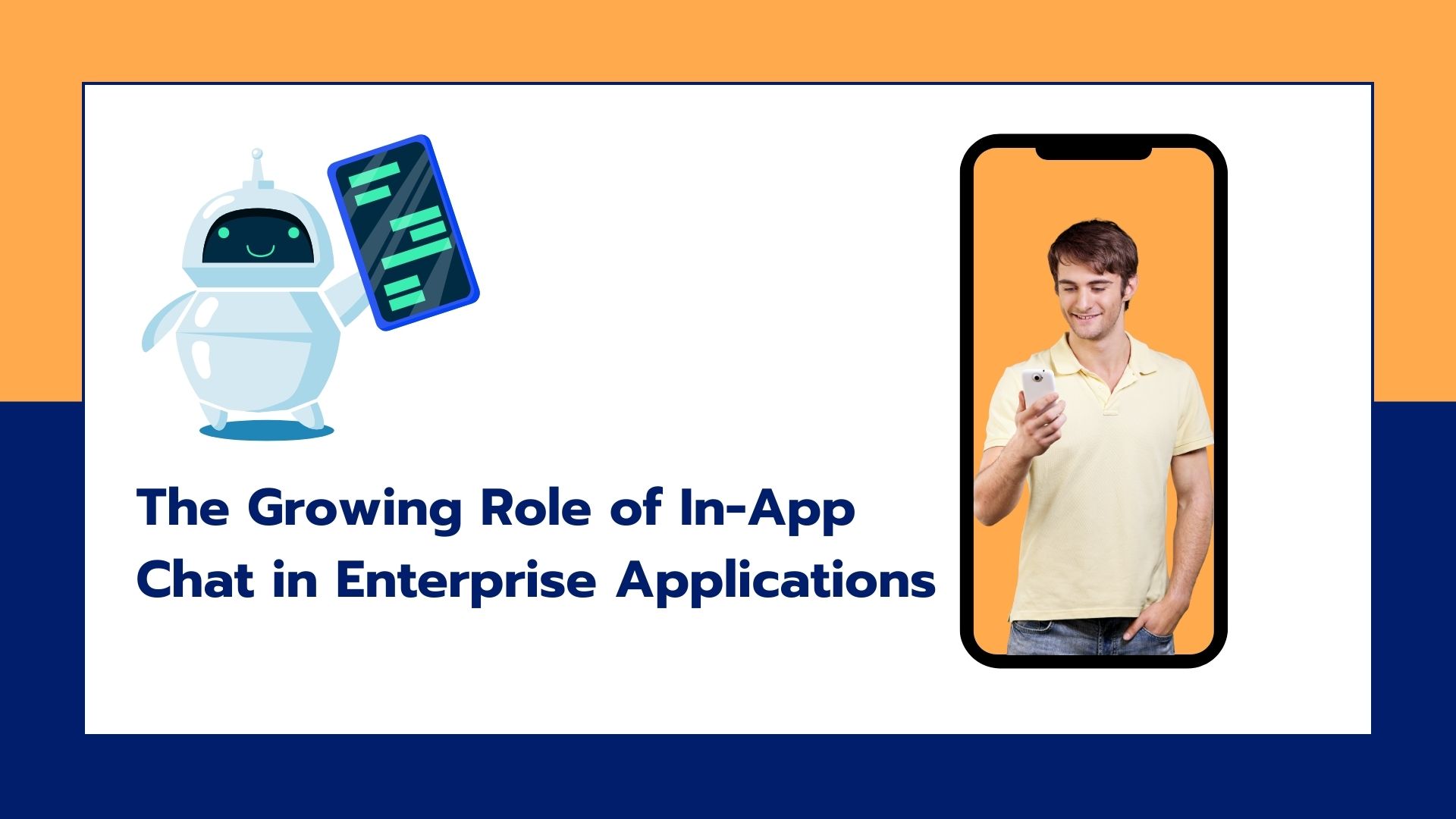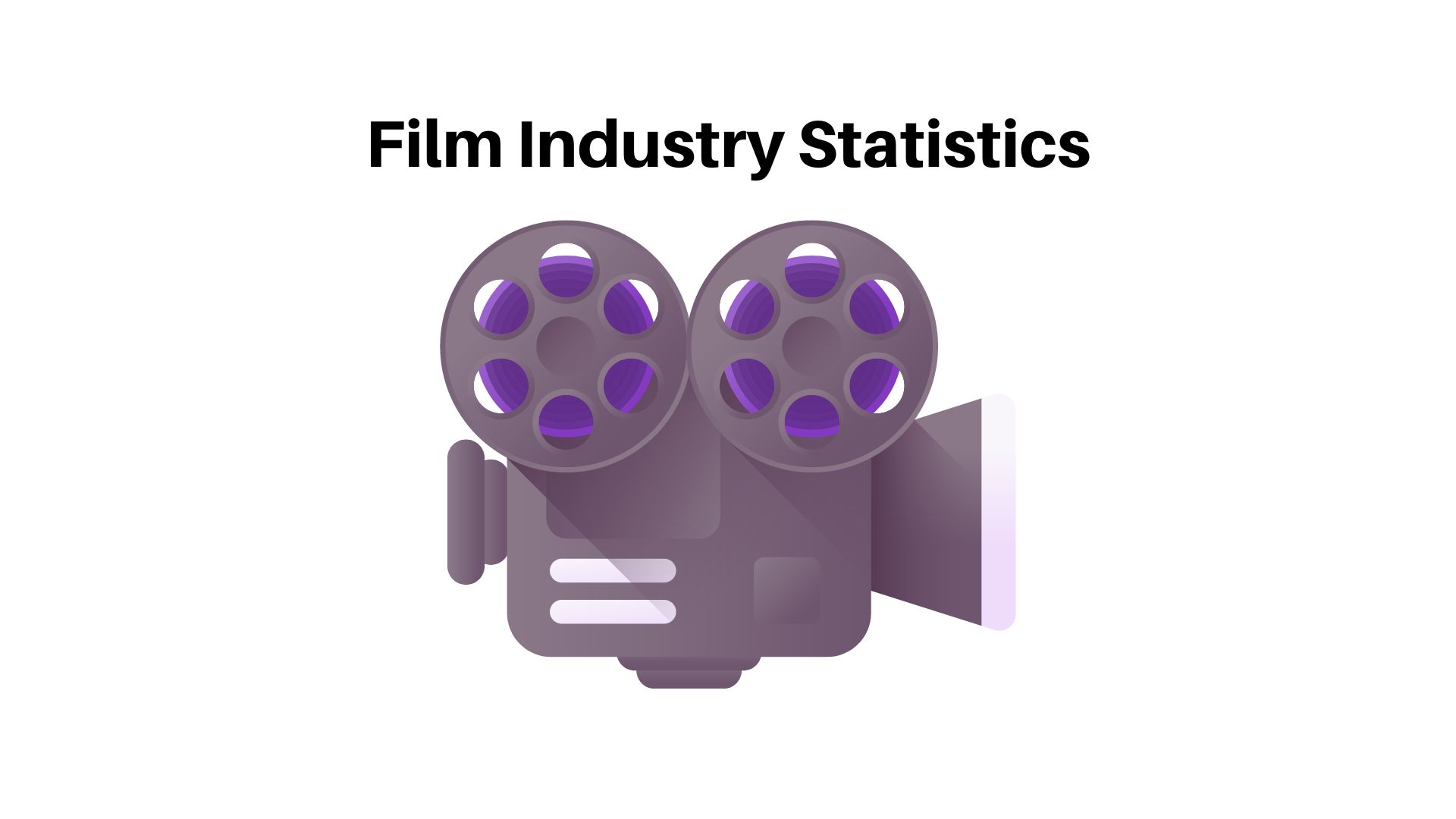Knowledge: The Key to ROI

In my last two articles, I discussed the “Myth of ROI.” In this installment, I'll disclose the key for achieving return on investment (ROI) in customer relationship management (CRM).
I have suggested that the success of a CRM initiative is largely determined by how broadly and deeply embedded it is in competitive strategy. Most successful companies are essentially learning organizations, focused on three types of knowledge (or intelligence): customer knowledge, self- (or internal) knowledge, and market (or competitive) knowledge.
Customer Knowledge
The first category describes what is becoming known as “analytical CRM,” constantly analyzing and examining changing needs and profiles of customers and prospects.
Customer knowledge is often based on online analytical processing (OLAP) queries of multidimensional cubes, which in turn are extracted from data warehouses and data-mining applications, such as predictive and descriptive modeling. The process doesn't have to be so tech-heavy. Old-fashioned, proven techniques — such as talking to customers and asking them what they need — work for many businesses (especially professional services).
Often, it's not the knowledge that's hard to obtain. Deployment of knowledge is the problem. Many organizations possess isolated pockets of best practices and expertise but don't have the will (culture) or the way (an enabling real-time architecture) to utilize these precious assets.
Successful organizations are dedicated not only to customer-knowledge discovery and learning but also acting on this information. Most businesses conduct a few surveys here and there and rely on anecdotal evidence combined with executive preconceptions about who their customers are and what they want.
Self-Knowledge
Successful organizations have very realistic assessments of their competitive strengths and weaknesses. They are willing and able to marshal resources to continually improve processes, adopt best practices, and experiment with new ways of getting things done.
Increasingly, they look beyond the boundaries of their own organizational, operational, technical, legal, and network infrastructure to ensure excellence among their partners. They know competitive advantage lies in the ability to create dynamic supply networks that can capitalize on demand.
Market Knowledge
Successful organizations understand that business strategy is competitive strategy. They learn about their competitors and know that another company's weakness creates an opportunity.
The result of all three types of knowledge discovery is a strategy and execution framework that treats demand discovery and fulfillment as an integrated, end-to-end process.
An end-to-end approach represents the integration of knowledge of external market demand, internal organizational capability, and competitive conditions. Successful organizations find out what clients want, then focus on delivering offerings they can competitively and profitably deliver. They understand customers are won — and lost — in the interplay of demand and supply.
Arthur O'Connor is a director and heads the CRM Integration Practice at
Reuters Consulting, a unit of Reuters, PLC. As one of the nation's
leading experts on CRM and business intelligence solutions, he writes on
business and technology trends for eCRMGuide.com, as well as on CRM
strategy for ClickZ.com. He is a frequent speaker at industry
conferences. Last year served as chairperson of the Institute for
International Research's CRM Project Management Conference.




